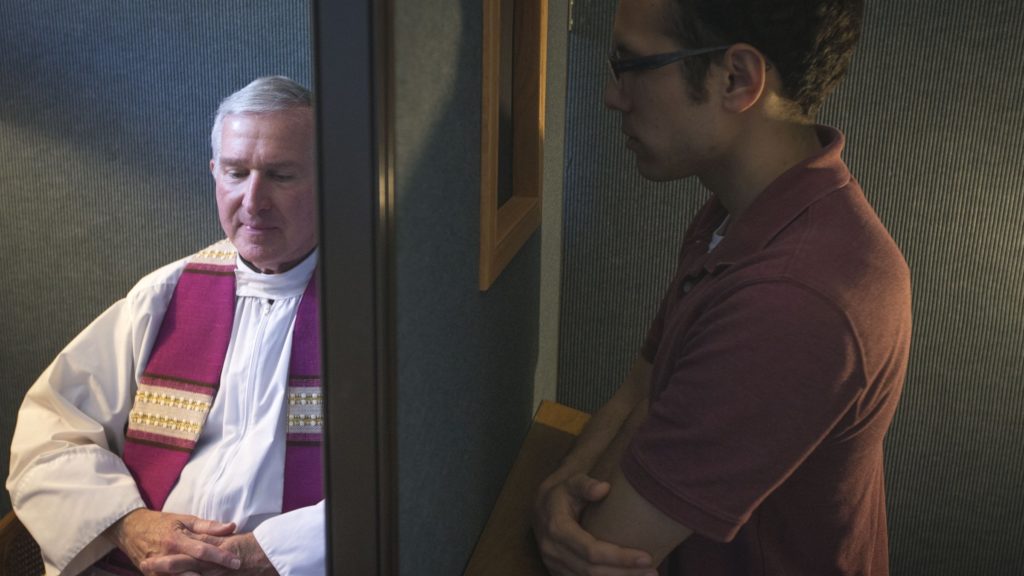After a Delaware state representative introduced a bill to abrogate the privilege between priest and penitent relating to suspected child abuse or neglect, the Diocese of Wilmington has pushed back that the confidentiality of the sacrament is a “non-negotiable.”
“The Sacrament of Confession and its seal of confession is a fundamental aspect of the Church’s sacramental theology and practice,” the diocese said in a March 7 statement. “It is non-negotiable.”
“No Catholic priest or bishop would ever break the seal of confession under any circumstances,” it added. “To do so would incur an automatic excommunication that could only be pardoned by the pope himself.”
The proposed bill, HB 74, was proposed by state Democratic Representative Eric Morrison on March 2. If eventually passed, it would amend Title 16 of the Delaware Code relating to mandatory reporting of child abuse.
Morrison did not return a Crux request for comment on the bill.
The Diocese of Wilmington covers the city of Wilmington and the counties of New Castle, Kent and Sussex in the State of Delaware, as well as the counties of Caroline, Cecil, Dorchester, Kent, Queen Anne, Somerset, Talbot, Wicomico, and Worcester in Maryland.
The diocese has a Catholic population of 246, 476, according to the diocese. It also has a history of clergy sex abuse. In 2011 it settled 142 claims of clergy sex abuse for $77 million dollars. The settlement came after it filed for bankruptcy in 2009 because of mounting claims that dated back to the 1950s.
On March 3, Utah state Democratic Representative Angela Romero introduced a bill similar to the one in Delaware that would remove the child abuse reporting exemptions for clergy in confession. The attempt follows an initial attempt by Romero to get the legislation passed in 2020. That first attempt received strong opposition and never made it out of committee.
The concept of legislation that negates the privilege of confidentiality in confession is nothing new. States for years have tried to pass similar legislation to the proposed Delaware legislation for years, to no avail.
Other recent examples of state lawmakers proposing this kind of legislation include Wisconsin last year, Montana and North Dakota in 2021, and Arizona in 2020. Many states have passed legislation related to child abuse reporting, but often it includes exemptions for clergy in the setting of confession.
The Diocese of Wilmington noted that in addition to the religious ramifications of the proposed bill in Delaware, it is also a “clear” violation of the First Amendment “for the government to interfere in this most sacred and ancient practice of our faith.”
The diocese further stated that the legislation would be difficult to adhere to because most sacramental confessions are anonymous, highlighting that in all other circumstances priests are mandated reporters. The diocese added that while it supports initiatives to make Delaware a safe place for minors and vulnerable adults, “HB 74 would not contribute to such efforts in any meaningful way.”
“The Diocese of Wilmington considers the protection of the vulnerable to be one of the most important aims of public policy,” the diocese said. “However, this legislation would not advance that vital objective.”

